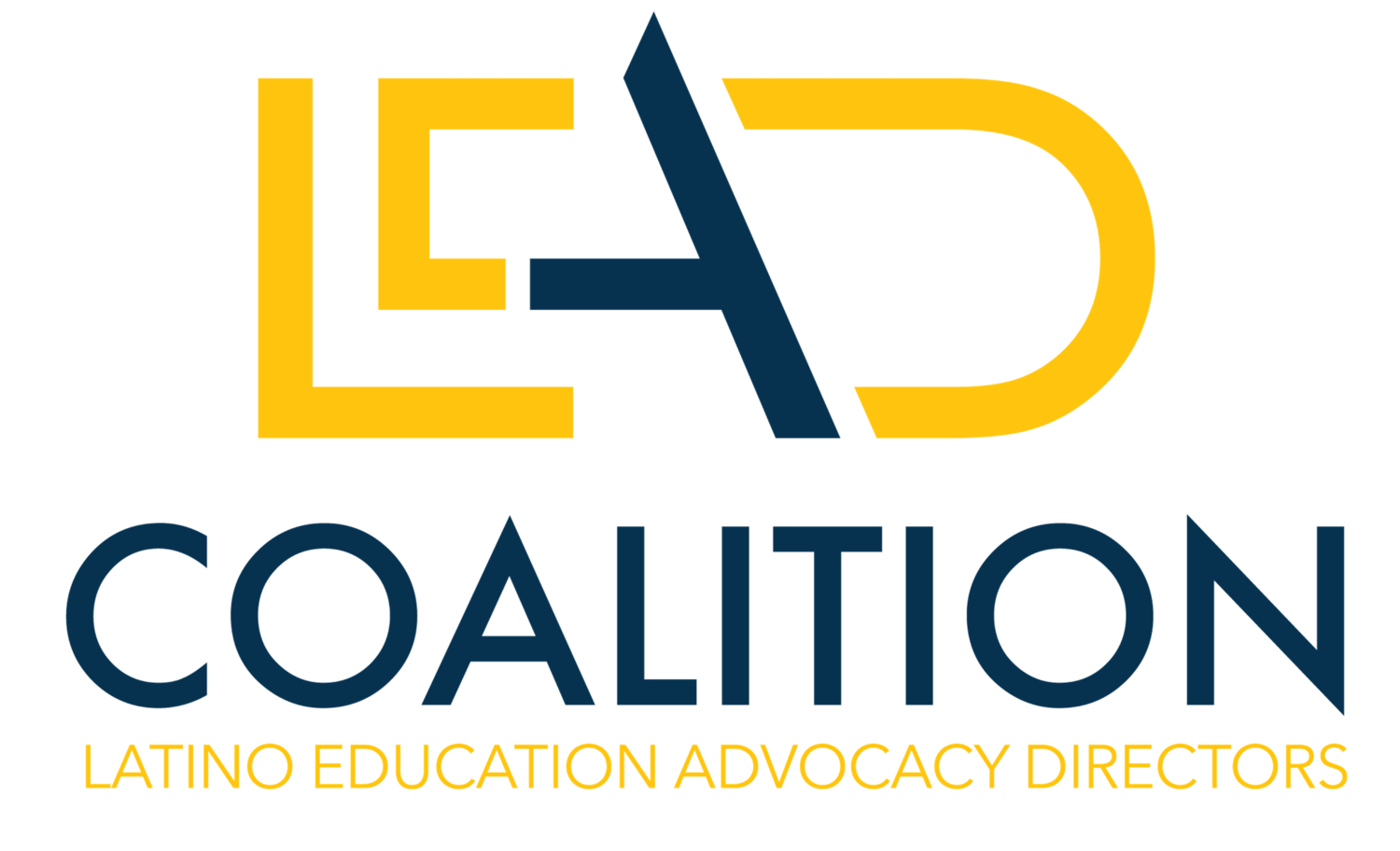10 TIPS FOR PARENTS OF MLL STUDENTS
As a parent of an MLL student, these tips will help you to better understand your rights and your options to make sure both you and your child receive available support.
It is possible that the school will offer online courses to your child. If they do, you should make the completion of these online courses a priority. This will help them catch up or advance academically.
If you do not speak English, you have the right to have a translator present during a parent-teacher conference. You can have a friend or neighbor present to translate during parent-teacher conferences. You can also request that the school provide a translator. It is best to have someone other than your child serve as the translator. You also have the right to have translated materials sent home.
During conversations with teachers, you will learn about your child’s academic performance and behavior in class. Your child’s teacher will share their expectations for your child. Make sure that you ask how you can support their learning at home. Also share your child’s family background and other information that will help the teacher know more about his strengths and challenges.
When speaking with teachers, learn about resources that the school provides to overcome academic challenges. If your child is doing well, make sure that you ask about programs for students that excel. Help the teacher to know more about your child’s academic experiences in their native country. Use the Teacher Communicator tool to improve dialogue with your child’s teacher.
You should learn how the United States school system works because it might be different than in your native country. Find out about workshops, parent meetings where you can learn more.
If possible, it is important to have a computer, a printer, and Internet access at home. Investing in these tools will help your child to be successful in school. But monitor your child while he is using them to ensure safe use of social media.
Schools are required to help children who don’t speak English to learn English in the same way they are required to teach the same curriculum as they teach to other students.
Students who are learning English might be able to take advanced courses in their native language. Ask the school what might be available.
If your school does not offer many services in Spanish, find out if the school district offers more. Also ask if they have an English Language Learner or Bilingual Liaison available.
If you are caring for a child that has not been in school regularly for some time, such as an unaccompanied minor or a foster child, ask their school for ways to help them beyond learning English. They may need more than one year to catch up to the other students in their grade, as well as counseling and other supports. Some younger students may benefit from repeating a grade to give them more time.




